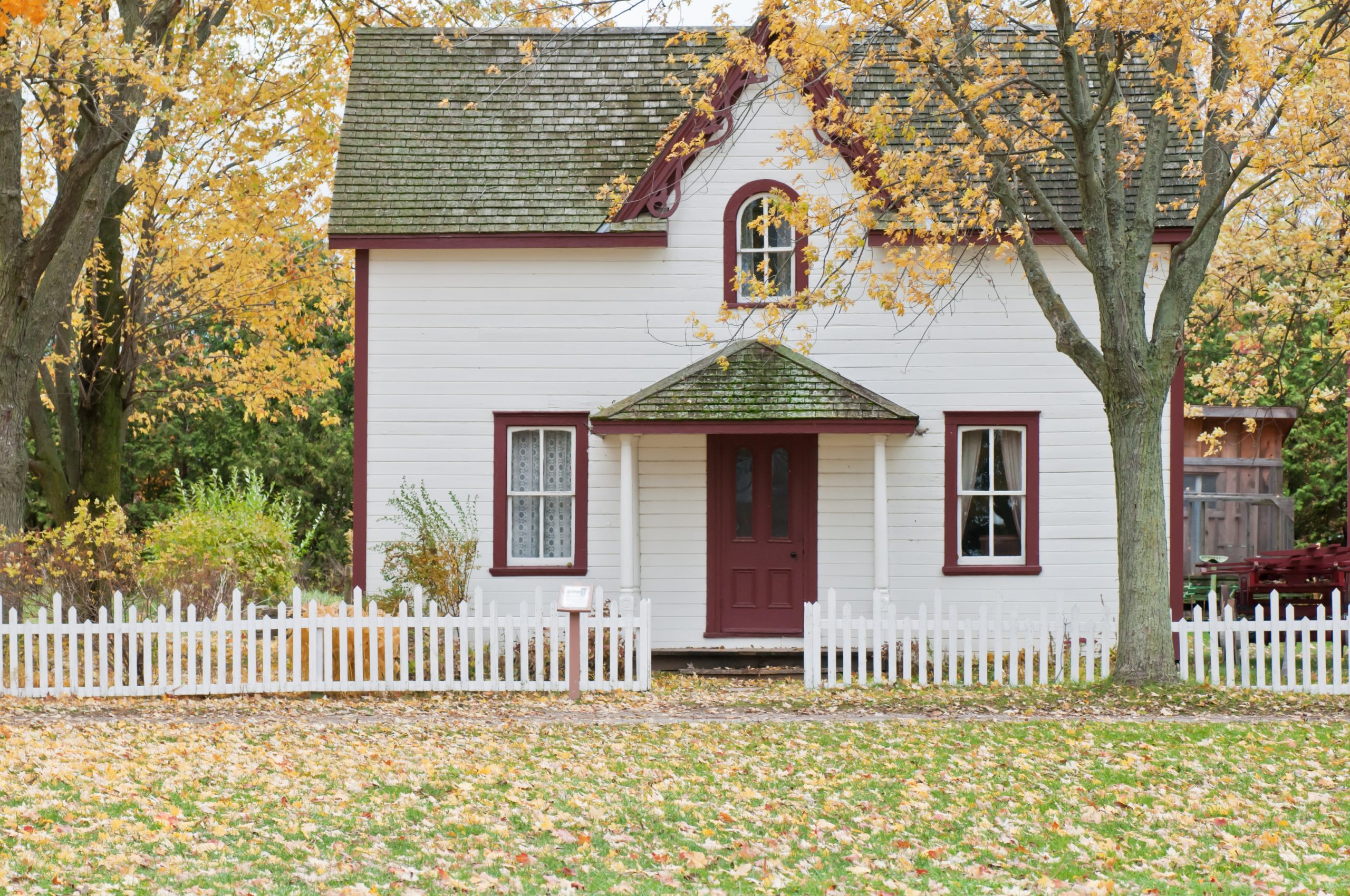When a divorcing couple is splitting up their assets, one of the most important decisions they will make is who will get the house. The family home is often the couple’s largest asset, and it can be tricky to come up with a plan that is fair and agreeable for everyone. It’s a decision that can make a lasting impact on each spouse’s financial future, so it’s critical that you make a fully informed decision.
Am I keeping the house for the right reasons?
It’s important to first identify your motivations behind wanting to keep the house. It is understandable that one or both spouses have a strong emotional attachment to the house. Is it because you don’t want to disrupt the kids’ lives by moving them to a new neighborhood or school? Is it because your family has created so many memories in the house and it would be too painful to leave? Or is it because the thought of moving into an apartment feels like a giant step backwards? These are all very reasonable questions, but you have to remember that this is a huge financial decision, and you need to consider more than just the emotional aspects of the decision. You need to think about your future and make sure you’re making the right decision.
Can I afford to keep the house?
Before you go to battle over the house, you need to confirm it’s even possible for you to keep the house. If there are plenty of assets to be split, you may be able to take the house in exchange for giving up some other asset of equal value. However, if the house is the largest asset the two of you own, you may need to buy out your ex’s portion. Do you have enough cash to do so, or would you need to pay off your ex over time? If there is a mortgage on the home, are you able to refinance on your own? Have you looked up your credit score? Do you know what your income and expenses will look like post-divorce? Some couples sign off on a property settlement assuming that the spouse keeping the home will be able to refinance, only to find out that they don’t qualify. If that happens, you can’t go back and amend the property settlement.
Is it the right decision in the long run?
Even if it’s possible to buy out your ex or refinance in your own name, it doesn’t necessarily mean it’s a good idea. You might technically be able to afford to keep the home, but you might be in a much better financial position in the long run if you didn’t. Keeping the home likely means you gave up something else of value, like a retirement account. Owning a home is an investment that comes with holding costs, like mortgage interest, maintenance, etc. A retirement account, on the other hand, has very low holding costs which allows it to grow at a higher rate. Even if a house and a retirement account are worth the same amount at the time of the divorce, the retirement account can end up being worth twice as much as the house by the time you retire.
You also need to consider if keeping the house will interfere with your long-term goals. How will keeping the house impact your cash flow over time? Will you still be able to afford to make retirement contributions? Will you still be able to save for your children’s college or other long term goals?
The Takeaway
Choosing to keep the home is a highly emotional decision, but it’s also one of the biggest financial decisions you will ever make. As long as you are choosing to keep the home for the right reasons, can afford it, and can still achieve your other long-term financial goals, it can work for you and your family.
